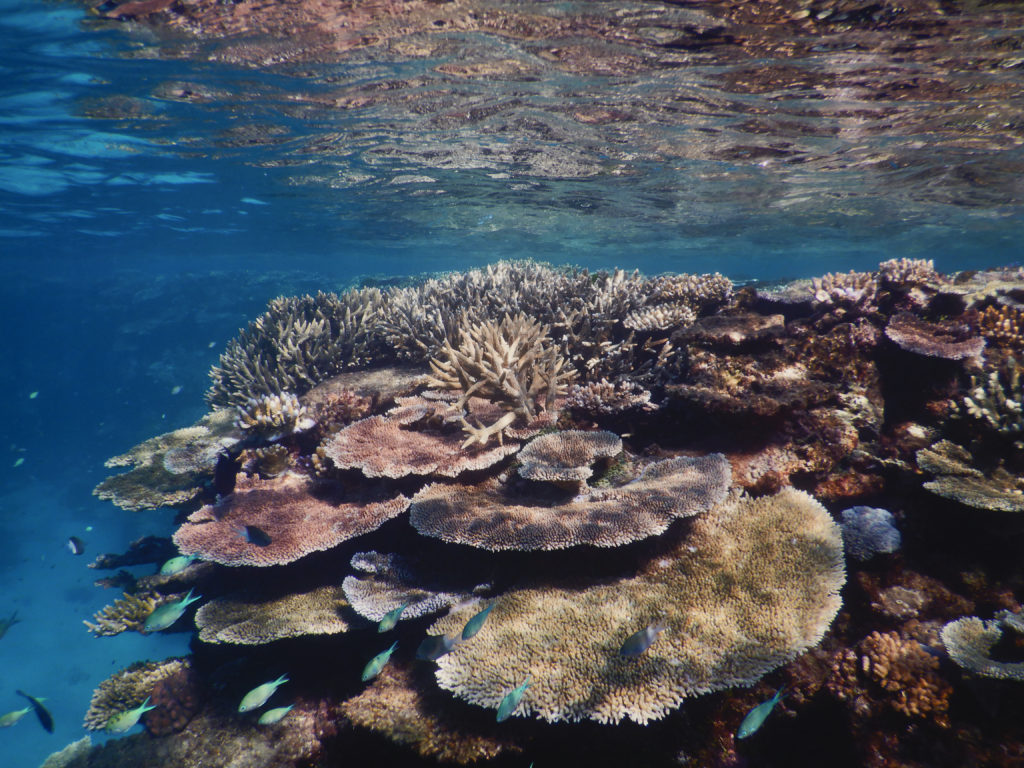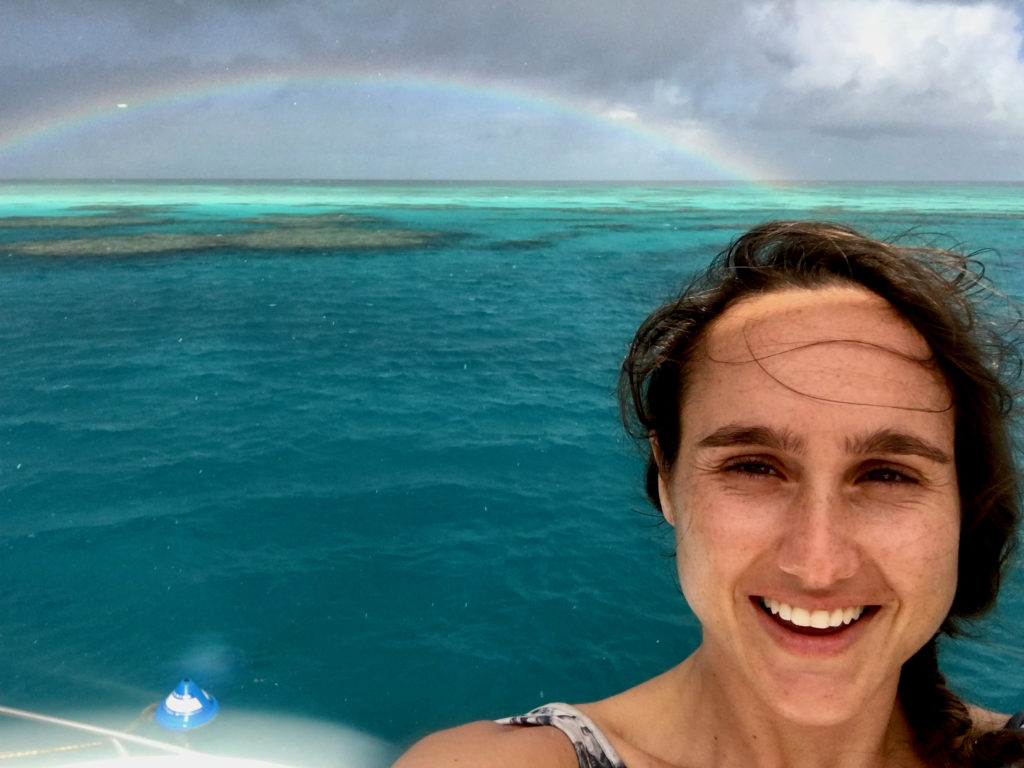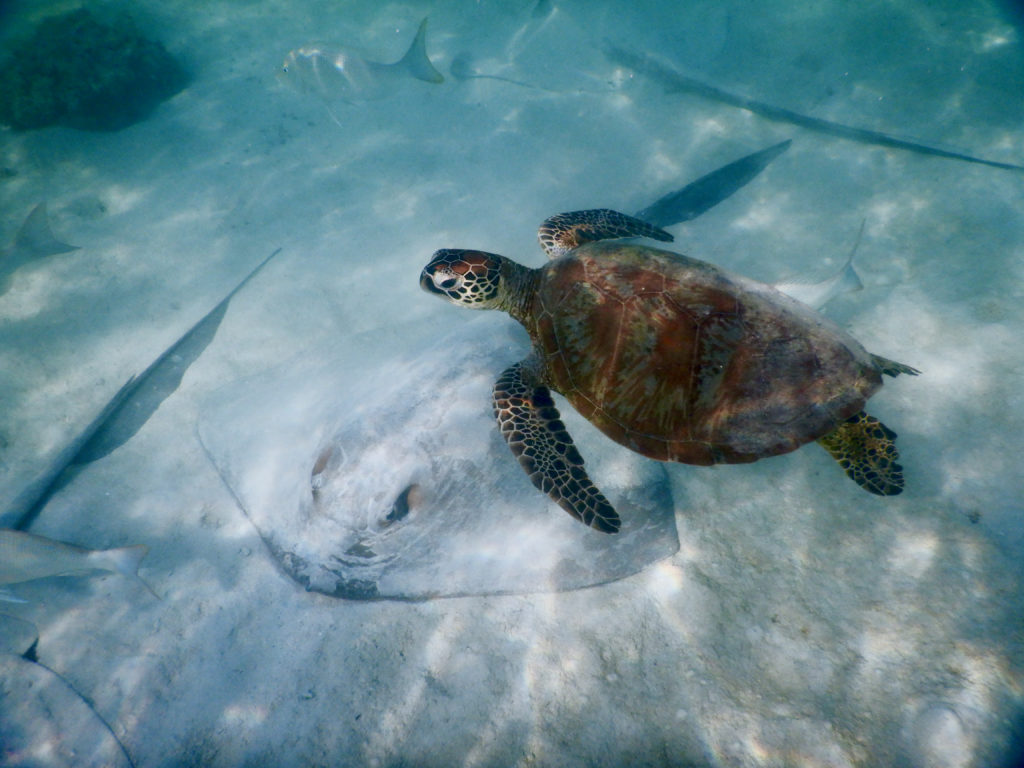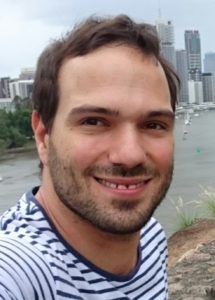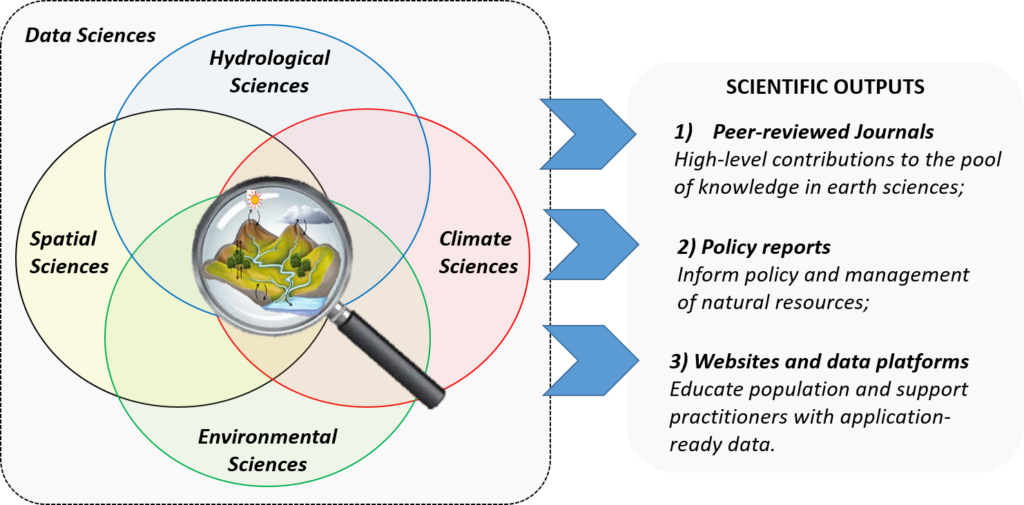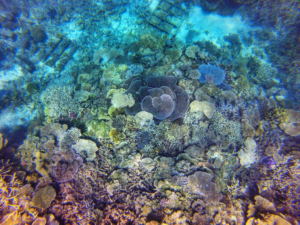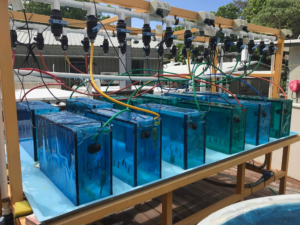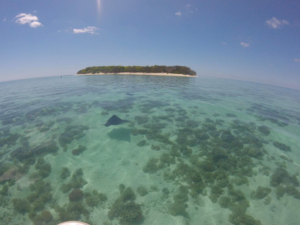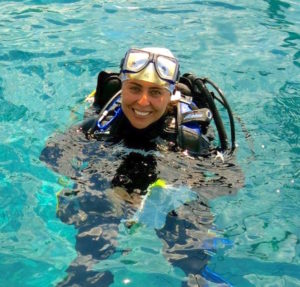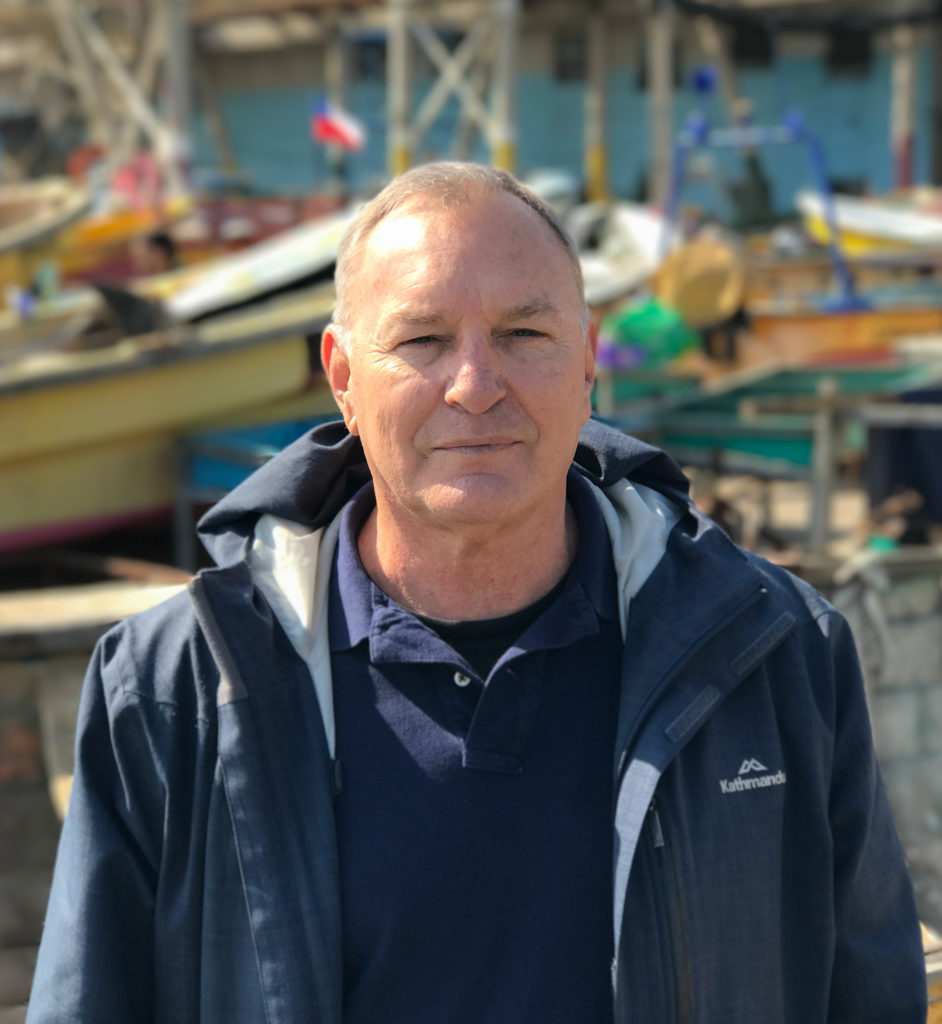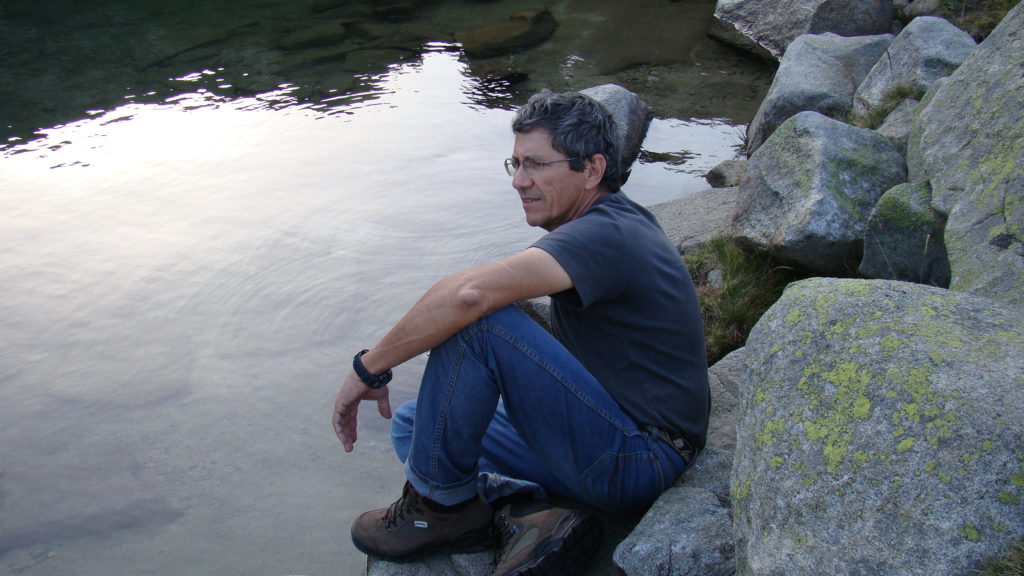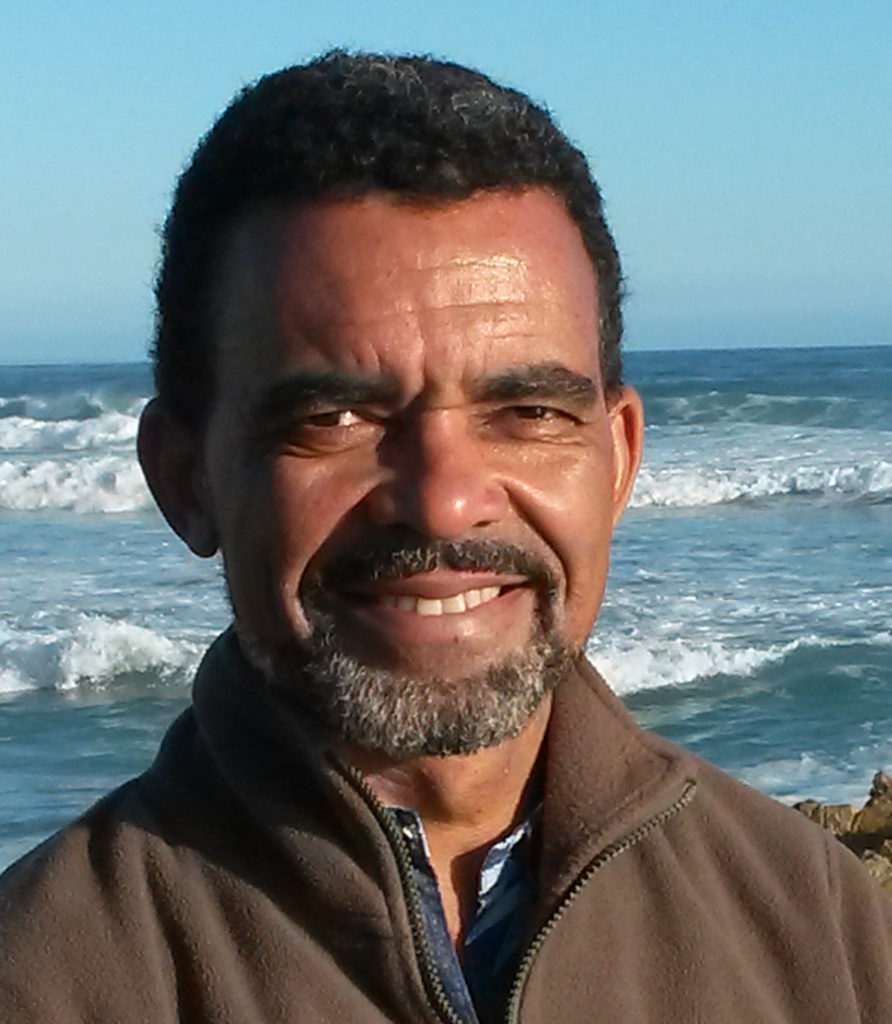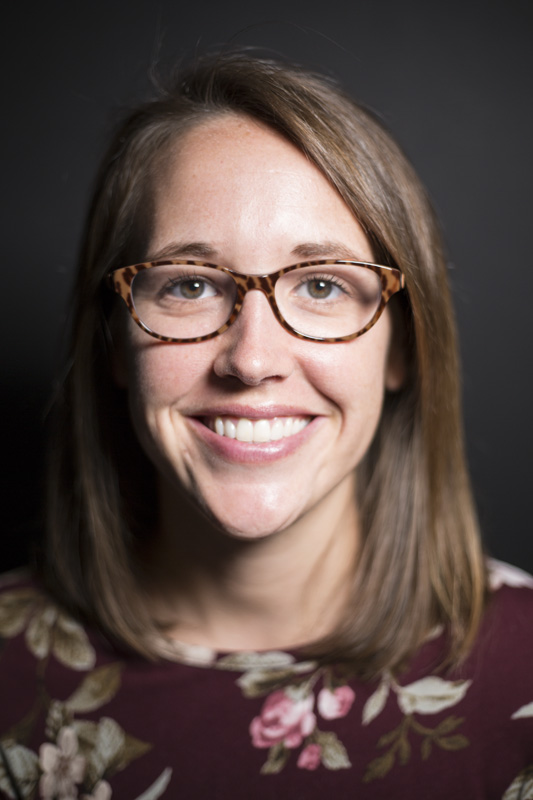Carol Phua is the Global Coral Reef Initiative Manager & the Global MPA Lead for WWF’s Oceans Practice. In her current role, she leads and manages the Coral Reef Rescue Initiative on behalf of the partners (University of Queensland, Rare, Wildlife Conservation Society, Blue Ventures, CARE International, Vulcan Inc and WWF). The Initiative which builds on the work led by the CRE lab (50 Reefs), is led by Prof. Ove Hoegh-Guldberg for the University of Queensalnd.
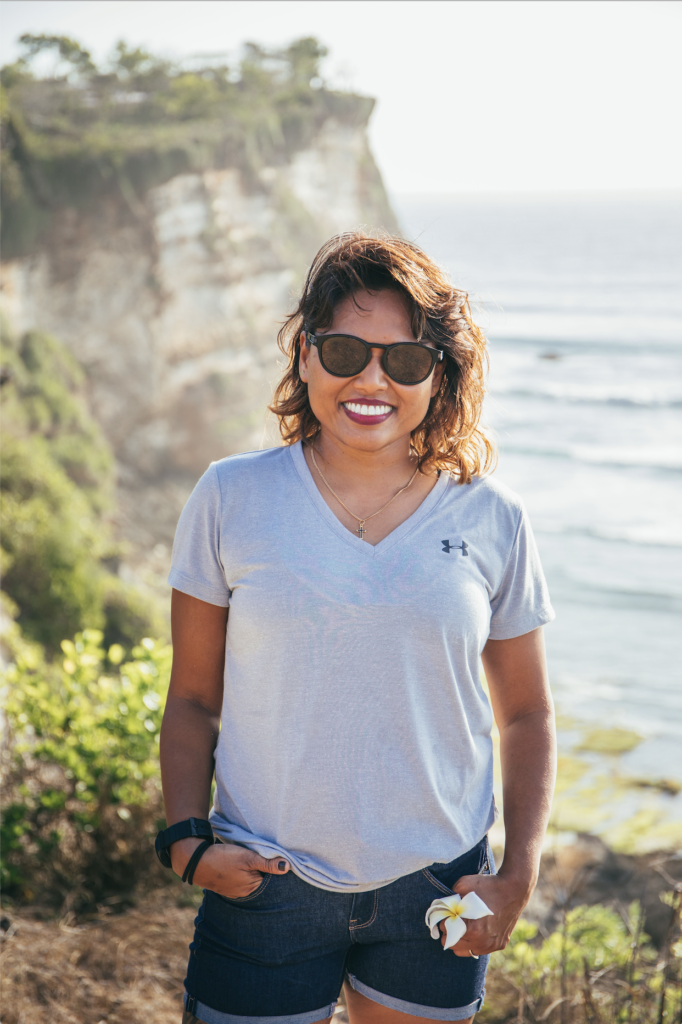
Carol has been with WWF for over 16 years, and in that time, she has initiated, set up and managed national, regional and global programmes. She started her WWF career at the European Policy Office working on European marine and fisheries policy, and then moved back to the Netherlands to join WWF Netherlands where she led development of the WWF Sharks & Rays Initiative and managed the MPA Action Agenda and & MPA Action Group. While with WWF Netherlands she was seconded to WWF Malaysia as Head of Marine and set up the WWF Malaysia Marine Programme. She is also the lead author and editor of the Living Blue Planet Report (link: http://ocean.panda.org/media/Living_Blue_Planet_Report_2015_Final_LR.pdf), the co-author of the Dutch Good Fish Guide (North Sea Foundation) and founder of Ocean Witness. Carol has a Bachelor of Applied Sciences (Hons) in Natural Systems & Wildlife Management from the University of Queensland and Master of Science in Fisheries & Aquaculture from Wageningen University.

